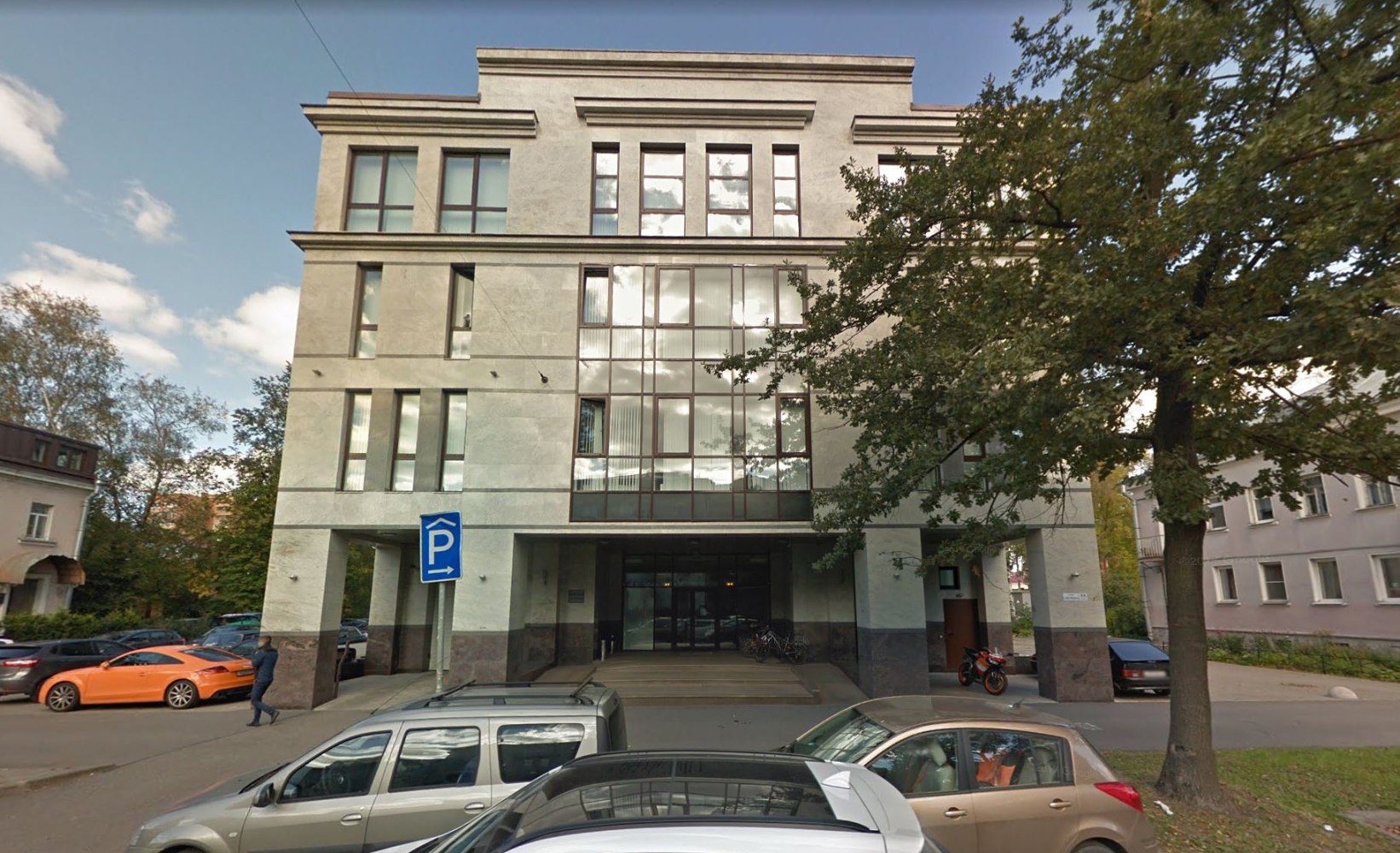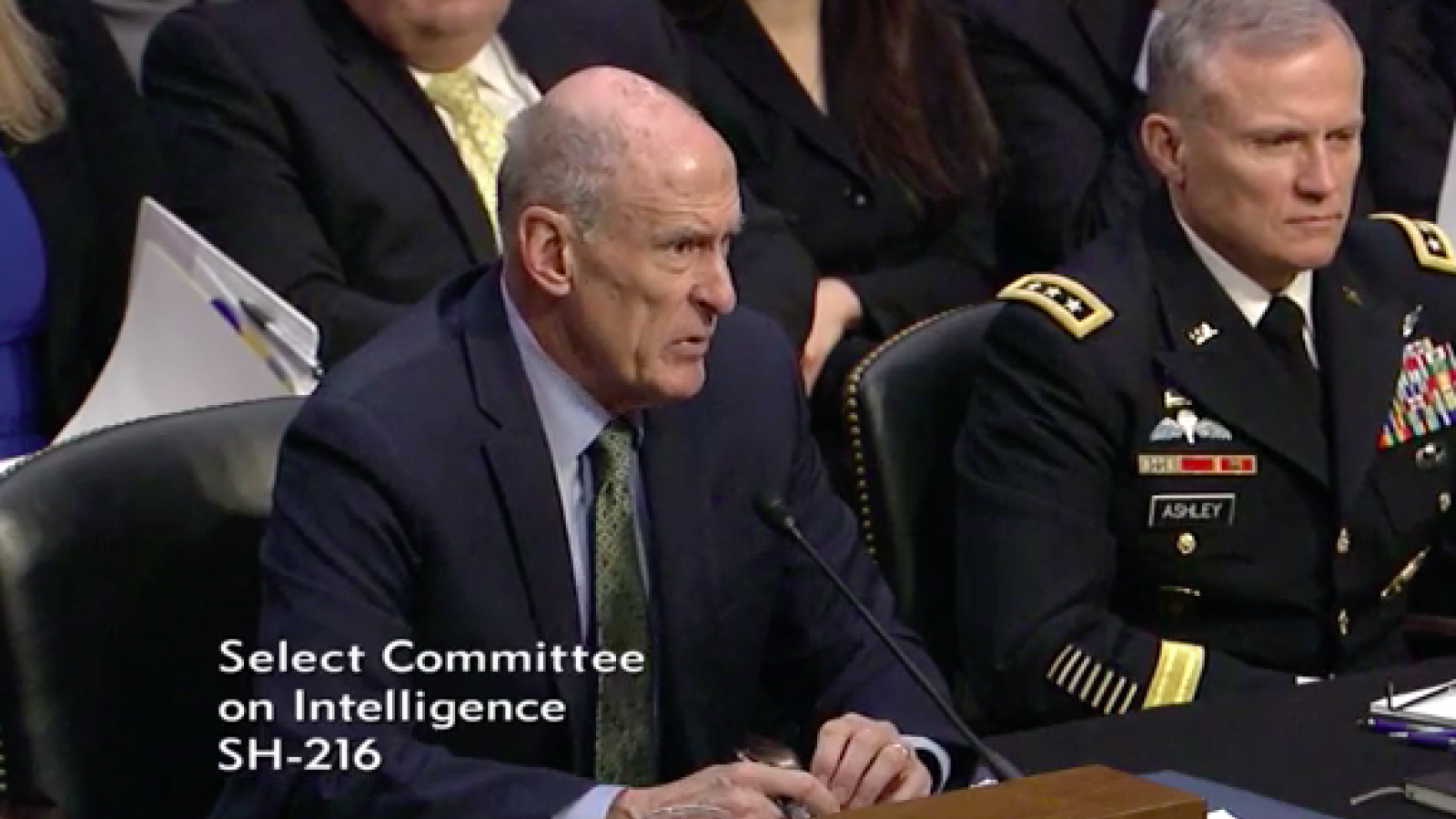C’mon really? The Russians cheat, steal and lie. Why would any Western ally trust any part of the Kremlin or operatives dispatched worldwide? Russian nefarious ‘active measure’ plots are global and so easy to achieve. The question is why?
The International Olympic Committee is no exception when it comes to going easy on Russia, buckling to pressure from Moscow. Russia has made legitimate and clean athletes in the games a mockery. The IOC was forced to defend its decision to include Russian athletes in these Pyeongchang Games on Monday morning after curler Alexander Krushelnytsky reportedly failed a drug test, jeopardizing the bronze medal he won last week in mixed doubles and inviting increased scrutiny on the IOC’s handling of the situation.
 photo
photo
First: a Russia-linked group calling itself “Fancy Bears” published a set of apparently stolen emails. They purportedly belong to officials from the International Olympic Committee, the United States Olympic Committee, and third-party groups associated with the organizations. It’s not the first time Russia has lashed out at the IOC and the anti-doping agencies in the last few years. And with a month left until the games begin, it may not be the last.
The emails appear to span from the end of 2016 to the spring of 2017, and focus on correspondence between antidoping investigators who helped uncover a wide-scale, systematic doping scheme carried out by Russian athletes. It’s not clear yet whether the emails are entirely authentic; Russian hacking groups have snuck false information into their leaks before. But the World Anti-Doping Agency Wednesday indirectly acknowledged that the emails were real, but not current.
“The Fancy Bears are a criminal organization which seeks to undermine the work of WADA and its partners,” says WADA spokesperson Maggie Durand. “Everything that they have posted today is dated.”
The hack appears to be retaliation for kicking the Russia out of 2018 PyeongChang games, at which only a handful of the country’s athletes will be allowed to compete. More here.
Second: (Reuters) – A Russian medalist at the Pyeongchang Winter Olympics is suspected of having tested positive for a banned substance, a source at the Games said on Sunday, in a potential major blow to Russia’s efforts to emerge from a drug-cheating scandal. Alexander Krushelnitsky, a bronze-medalist along with his wife in mixed-doubles curling, is suspected of having tested positive for meldonium, the source said. Meldonium increases blood flow which improves exercise capacity in athletes. Russia has been accused of running a state-backed, systematic doping program for years, an allegation Moscow denies. As a result, its athletes are competing at Pyeongchang as neutral “Olympic Athletes from Russia” (OAR).
Third: Seems to be a systemic condition when it comes to doping by Russian athletes regardless of the sport and or location. Remember Maria Sharapova and tennis? In 2017, Maria Sharapova makes her return after a 15-month suspension for use of meldonium this week, with the tennis star serving as the most high-profile of those sanctioned for use of the drug. After hundreds of positive tests in Olympic sports last year, Sharapova remains one of the relative few to be suspended for its use. While the facts of her case differ from the issues the World Anti-Doping Agency faced in determining how long it stays in an athlete’s body, her presence among those testing positive drew attention to WADA’s ban of the drug.
 photo
photo
Fourth: And it goes to the militant battlefield as well. Russia and the United States have clashed at the United Nations Security Council over allegations the Syrian government has again used chemical weapons in rebel-held areas of the country.
U.S. Ambassador Nikki Haley on February 5 accused Russia of blocking an investigation of possible chemical weapons use by President Bashar al-Assad’s army in attacks in rebel-held Eastern Ghouta over the weekend despite “obvious evidence from dozens of victims.”
“Russia has delayed the adoption of this statement, a simple condemnation of Syrian children being suffocated by chlorine gas,” Haley said. “This council has been outspoken on ending Syria’s use of chemical weapons, and yet, they continue.”
Russia, which has been conducting military operations in support of Assad since September 2015, rejected the allegations as “slander.”
Finally: If anyone watched the hearing and ODNI Dan Coats summary –>
The nation’s top intelligence officials said Tuesday that Russia is targeting the 2018 elections as it seeks to undermine America’s political process and sow partisan division with cyber attacks and other digital disruption.
“Frankly, the United States is under attack,” Director of National Intelligence Dan Coats told the Senate Intelligence Committee, adding that Russia is attempting to “degrade our democratic values and weaken our alliances.”
In unequivocal language, Coats said Russian President Vladimir Putin was emboldened by Russia’s interference in the 2016 presidential elections and is targeting the midterms.
“There should be no doubt that (Putin) views the past effort as successful,” said Coats who was joined Tuesday by the nation’s other top intelligence officials, including CIA Director Mike Pompeo, National Security Agency Director Mike Rogers and FBI Director Christopher Wray.
The national intelligence director’s comments came against the backdrop of congressional and criminal investigations into Russia’s alleged interference in the presidential election and whether the Kremlin coordinated its activities with Donald Trump‘s campaign.





 Internet Research Agency, St. Petersburg, Russia
Internet Research Agency, St. Petersburg, Russia 




